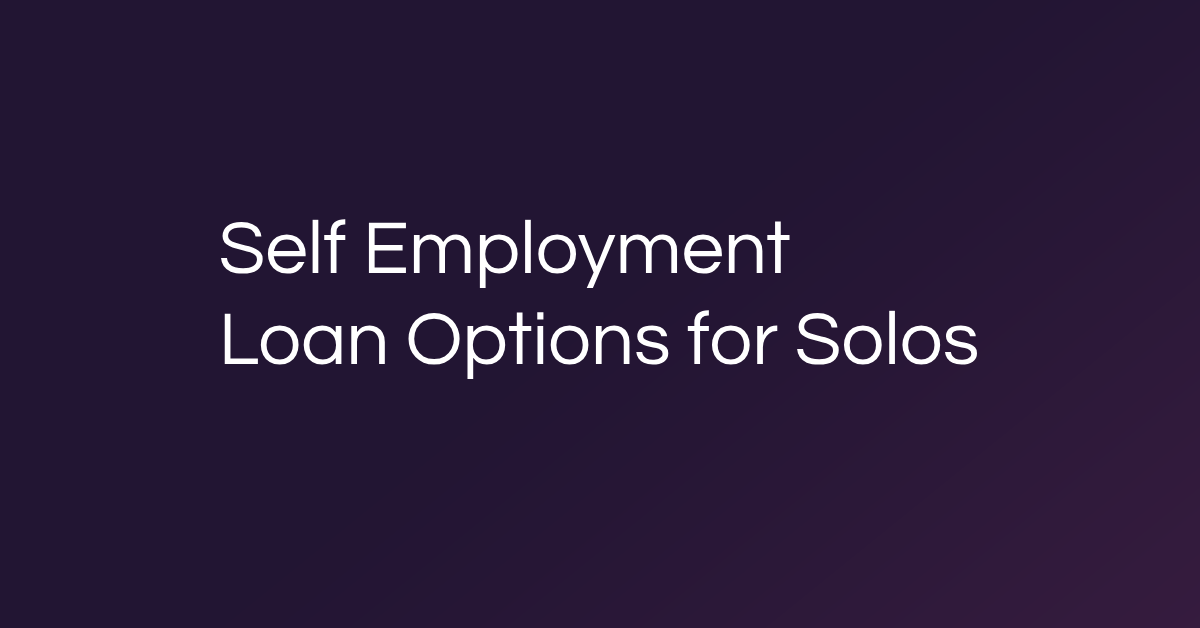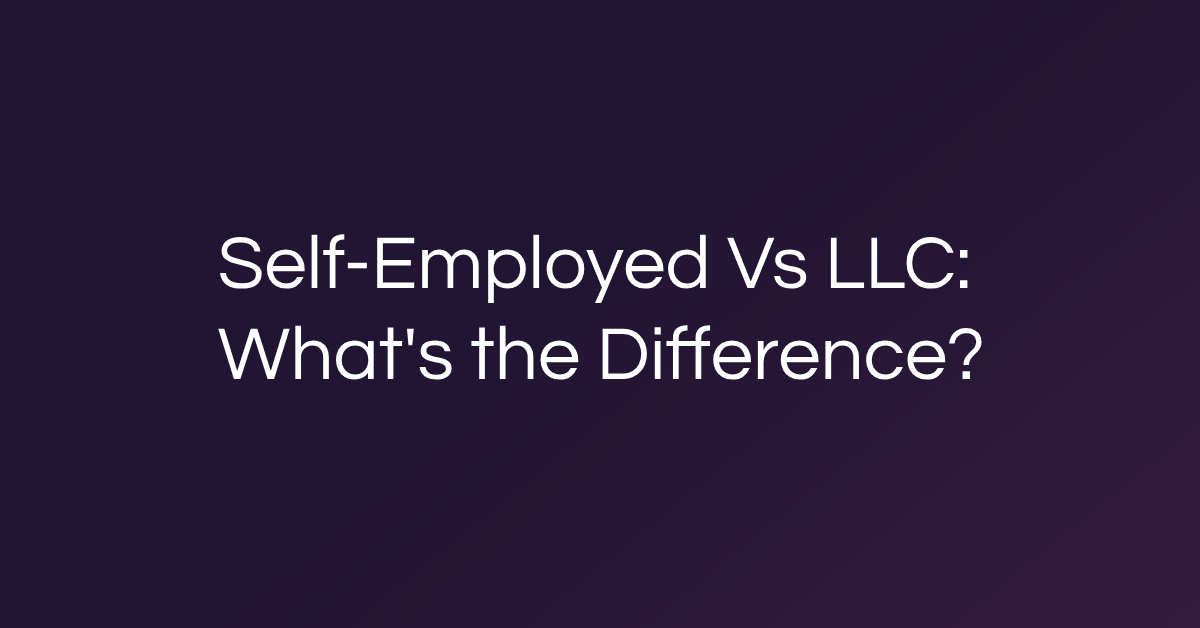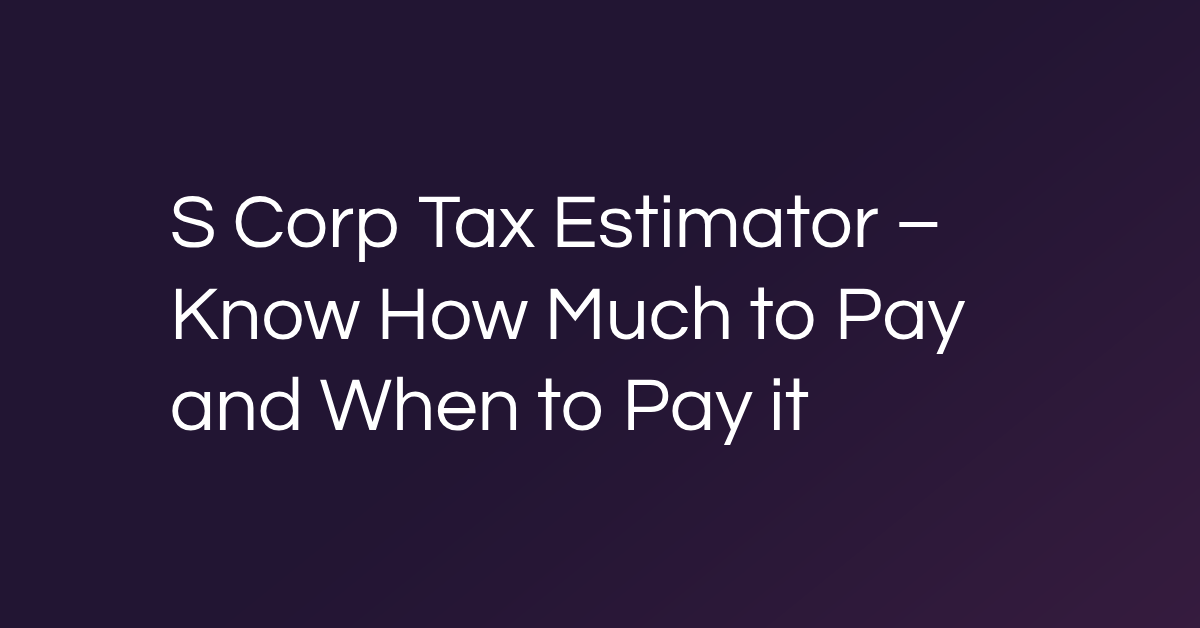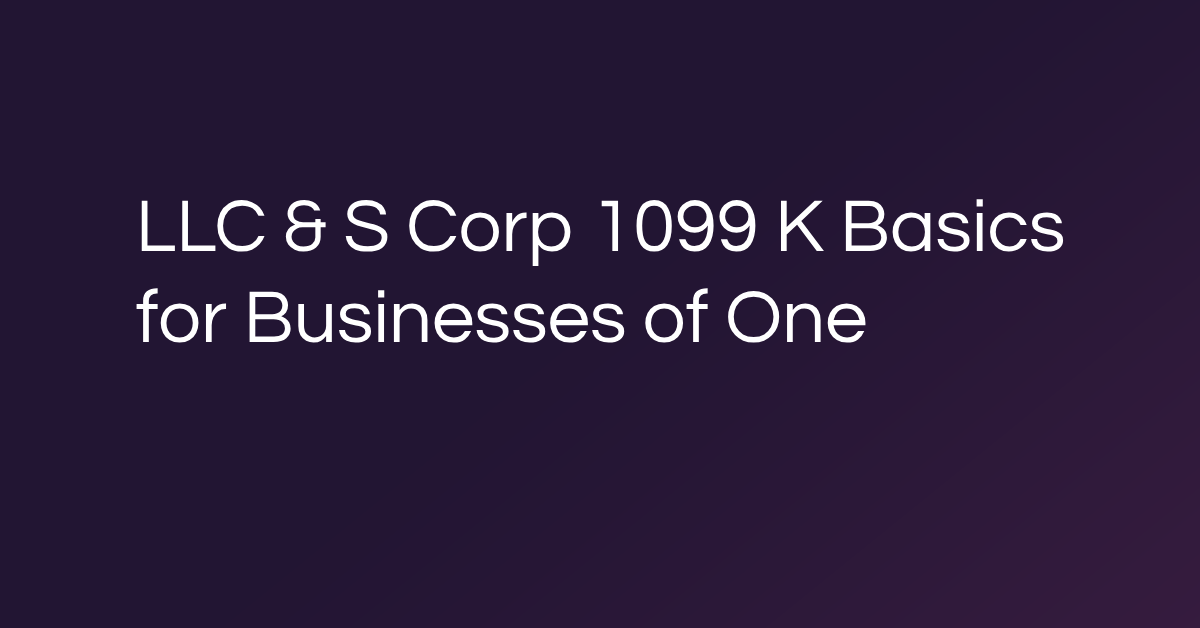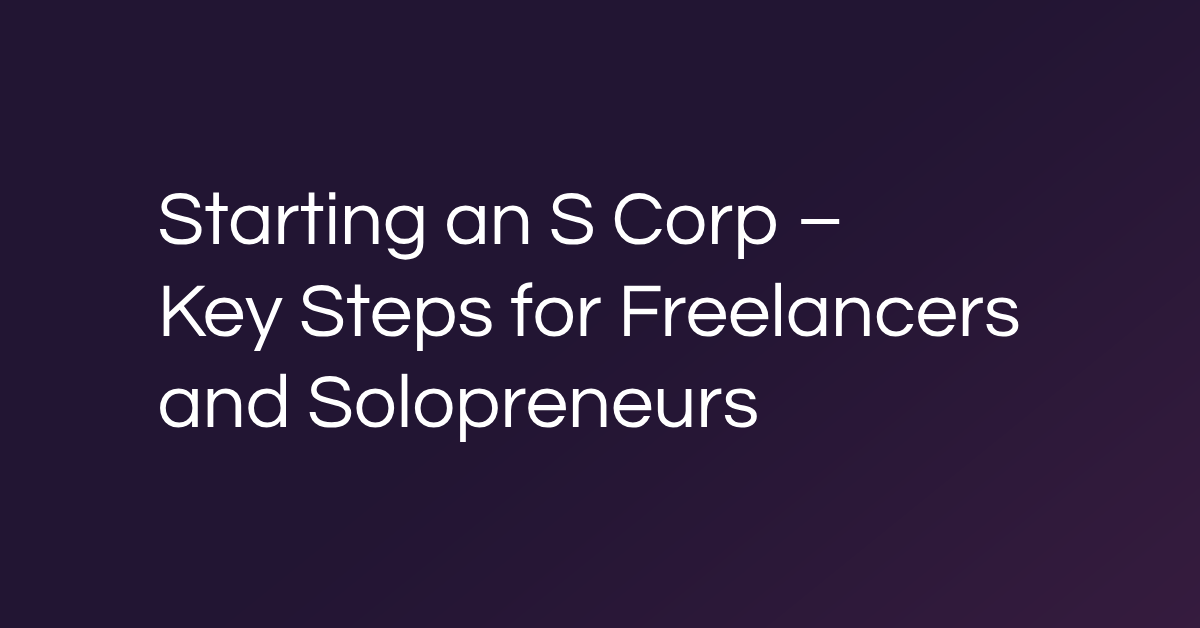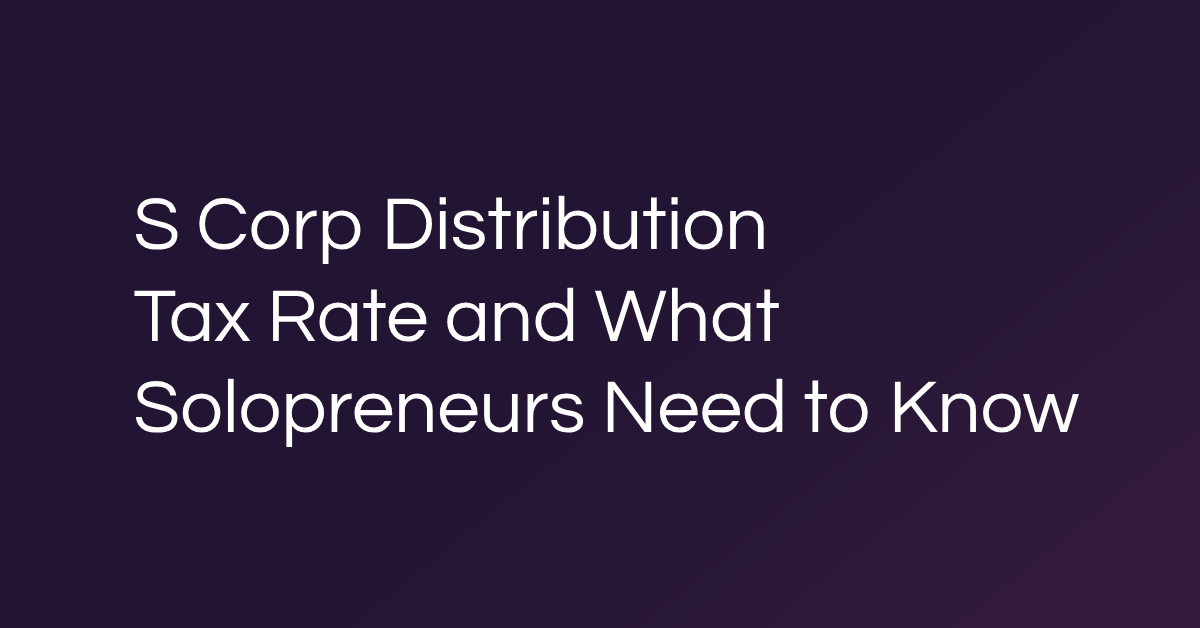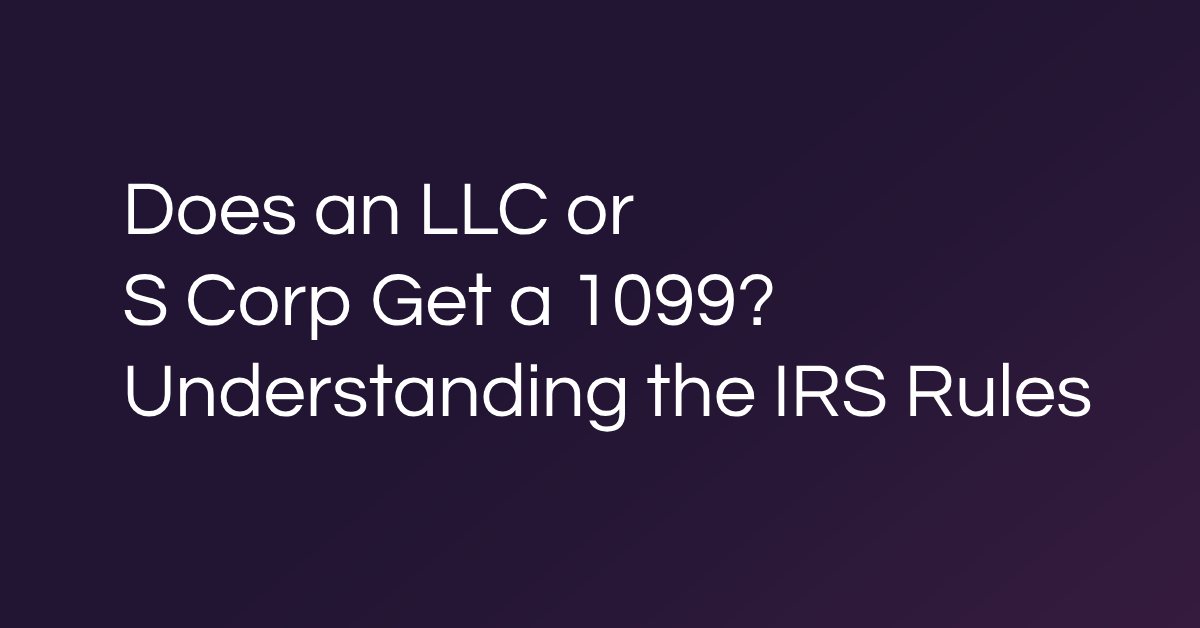Getting a loan when you’re self-employed might feel like an uphill battle, but it doesn’t have to be. Lenders evaluate solo applicants differently from W-2 earners, but with the right systems and strategy, funding is within reach. Whether you’re launching, expanding, or managing cash flow, a self-employment loan can support your next step.
Explore practical loan options, learn how to strengthen your application, and discover how Besolo helps you present a clear, professional financial picture—so you can pursue growth with clarity and control.
Can I get a loan when self-employed?
Yes—self-employed professionals can qualify for loans. However, unlike traditional employees/businesses, you will need to demonstrate stability and structure in different ways. The key is knowing what lenders look for and preparing accordingly.
Self-employed borrowers are eligible, but face extra scrutiny
Lenders often view self-employed income as less predictable, so they require more documentation and risk analysis. But that doesn’t mean you’re at a disadvantage. Many solopreneurs successfully secure financing, especially when they treat their business professionally and maintain accurate records.
Lenders want to see steady income and clean documentation
These are the core documents most lenders request, and having them ready saves time and strengthens your position.
- At least two years of tax returns
- Business bank statements
- Proof of ongoing contracts or consistent revenue
- Any licenses or certifications that support your credibility
Realistic expectations make the process easier
You don’t need perfect numbers—just consistent ones. Understanding what lenders expect can reduce frustration and position you for a smoother approval process. Besolo’s admin platform helps you stay organized and present a more professional financial picture.
When might a solopreneur need a loan?
Loans aren’t just for emergencies—they can also be powerful tools for sustainable growth. For solopreneurs looking to scale or stabilize their businesses, financing can unlock opportunities without draining cash reserves.
Business expansion or hiring
Growth often requires upfront investment. A loan can help you:
- Hire contractors or part-time support
- Launch a new service or location
- Invest in client acquisition or marketing
Instead of waiting for revenue to catch up, you can fund strategic moves with borrowed capital.
Equipment or software upgrades
Staying competitive means keeping up with industry tools. Financing can help you:
- Upgrade outdated equipment
- Invest in specialized software
- Purchase tools that improve efficiency or expand capabilities
A well-timed investment can free up your time and ultimately increase revenue.
Emergency or bridge financing
Even the most organized solopreneurs face dry spells or unexpected expenses. Loans can help you:
- Cover short-term gaps between payments
- Handle one-time emergencies without derailing operations
- Maintain steady cash flow during seasonal slowdowns
Whether you’re investing in growth or managing uncertainty, the right loan at the right time can help you move forward with confidence.
Loan options for self-employed individuals
Self-employed professionals have more funding options today than ever before. Each type of loan comes with specific terms, benefits, and approval requirements. Choosing the right one depends on your goals, business model, credit history, and the speed at which you need access to funds. Some options work better for recurring expenses, while others are ideal for one-time investments.
Traditional bank loans
Banks offer term loans and lines of credit for established businesses with strong financials. These usually require:
- Several years of tax returns
- Solid credit history
- Detailed documentation of income and expenses
Approval can take time, but interest rates are typically lower than other options.
SBA microloans
The Small Business Administration’s microloan program provides funding up to $50,000 through intermediary lenders. This program is ideal for new solo entrepreneurs who need working capital, equipment, or startup funds and can demonstrate a viable business model.
Peer-to-peer lending platforms
Online platforms allow individuals to lend directly to businesses. Peer-to-peer lending may offer more flexible underwriting than traditional lenders, but may come with higher rates. It’s a good fit for borrowers who want fast access and a digital application process.
Credit unions and online lenders
Credit unions typically offer personalized service and competitive terms, especially for local or niche businesses. Online lenders are convenient, often processing applications in days, not weeks. Many cater specifically to freelancers and independent professionals, offering loans that match the pace and complexity of solo work.
How to strengthen your loan application
Securing a self-employment loan comes down to preparation. Lenders want to see organization, stability, and evidence that you are capable of repaying the loan. With the proper documents and systems in place, you can present a strong case for your business, regardless of its size.
Up-to-date tax returns and bank statements
Clear documentation builds trust. You’ll need:
- Recent tax returns show consistent income
- Business bank statements (3–6 months)
- A breakdown of monthly expenses and earnings
Besolo’s tax support streamlines this process by keeping your records clean and organized, making them ready to share. Staying organized up front means fewer delays when it matters most.
Strong credit score and low debt-to-income ratio
Your personal credit history still matters—even if your business is new. Work to:
- Reduce outstanding debts
- Pay bills on time
- Keep credit utilization under 30%
A healthy credit profile indicates lower risk and can improve your loan terms.
Include a short business plan and monthly budget
You don’t need a pitch deck. Just a one-page plan that explains:
- What the loan will fund
- How will you repay it
- A projected monthly budget
Writing a simple business plan shows that you’ve thought through the numbers—and helps you stay on track once the funds arrive.
Use financing as a strategy, not a last resort
Solopreneurs face unique challenges when it comes to financing, but also unique opportunities. A self-employment loan isn’t just about solving short-term needs. When used strategically, it becomes a growth tool that supports stability, expansion, and smarter operations.
The key is having the right systems in place. Self-Employment OS by Besolo helps you track income, maintain clean records, and present a professional financial picture to lenders.
With reliable data and clear documentation, you transition from an uncertain borrower to a credible business owner.
Join Besolo today and access the back-office infrastructure that powers better financial decisions.

